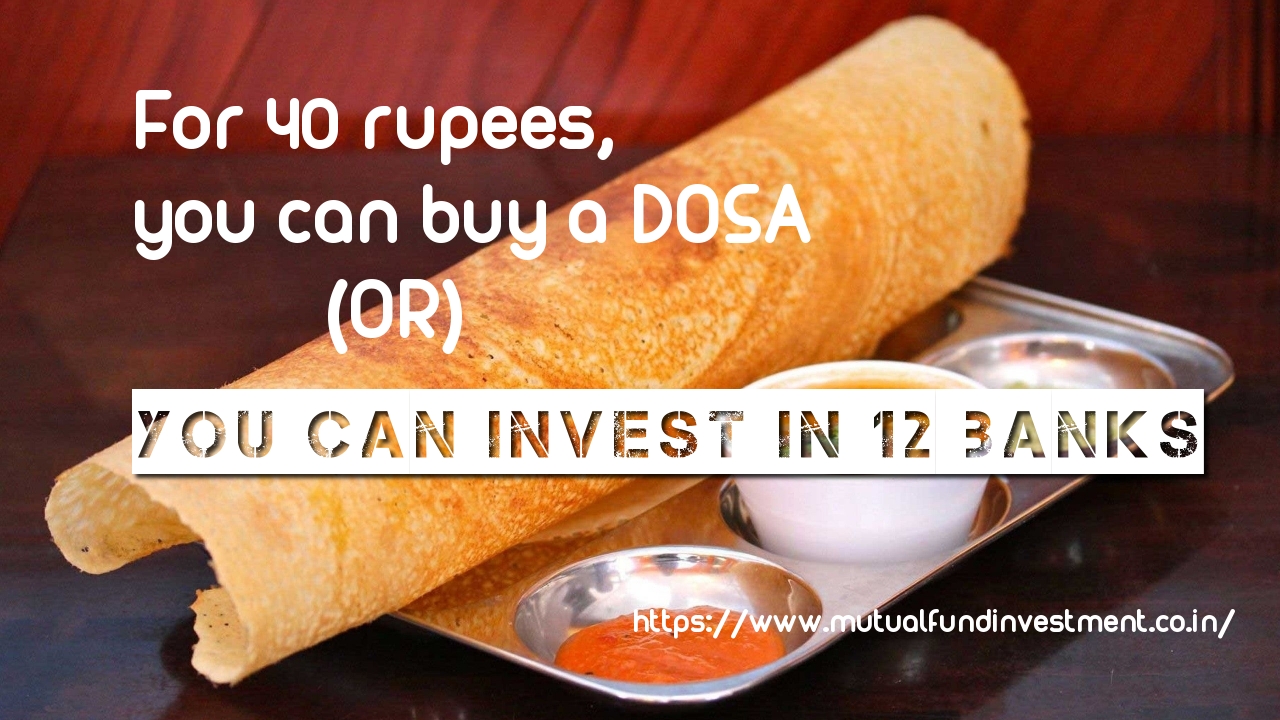In India, more than 5000 company stocks listed in the Nifty and Sensex. We can select the stocks and start investing to build long term wealth. Selecting a particular stocks require expertise and it risk involves as it invests in only one stock. There is an another option to diversify our investment in the stock market, ETF. An ETF is a basket of stocks that reflects the composition of an Index, like the Sensex or the Nifty. ETF prices reflect the net asset value of basket of stocks in which it is investing. In many ways, it is similar to mutual funds. Exchange Traded Funds (ETFs) are actually Index Funds that are listed and traded on exchanges like stocks and are passively managed.
ETF is low cost and simple to invest
Another advantage ETFs has it selecting the qualifty stocks for the index investing. It has quality conditions to select the stock for the ETF. In case any quality factor is not upto the mark, that particular stock is removed from ETF. Once stocks in the underlying index are changed, it would remove the stock by selling the stock that are being removed from the index.
ETF has basket of quality stocks. Cheap stocks are removed from ETF.
Bank ETF:
Bank ETFs invests in a basket of banking stocks listed on the stock exchanges. It invests in following stocks,
- HDFC Bank,
- ICICI Bank,
- SBI ,
- Kotak Mahindra Bank,
- Axis Bank,
- Induslnd Bank,
- AU small finance Bank,
- Bandhan bank,
- Bank of Baroda,
- Federal Bank,
- IDFC first bank and
- Punjab National Bank.
The following are Bank ETF,
- UTI Bank ETF – Trade between 40 to 45 rupees
- Aditya Birla Sun Life Nifty Bank ETF – Trade between 40 to 45 rupees
- Icici Prudential Nifty Bank ETF – Trade between 40 to 45 rupees
- Nippon India Nifty Psu Bank Bees ETF – Trade between 40 to 45 rupees
Dividends received by an ETF are typically reinvested in the Fund.
ETF vs Index Funds:
Many investors use ETFs and index funds anonymously which is not correct. Index funds are mutual fund schemes to invest in which you do not need demat or share trading account since they are not listed on the exchange. You can buy index funds directly from the AMC. But to invest in ETFs you must have demat and share trading account. ETFs are cheaper than index funds.
Investing in ETFs
ETFs can be bought or sold using Demat account. But before you begin to invest in ETFs, it is important that you take into account the following points:
- You need to open a trading account with a discount /Full stock broker
- You should also have a demat account for holding the ETF units.
To complete these formalities, you have to be KYC compliant and required to furnish documents like:
A. Proof of identity: Passport, Driving License, PAN Card
B. Proof of Address: Passport, Utility Bill
C. Bank Account Details: Bank Account Statement
D. Opening charges : Free to 500 rupees
Top Discount Stock Brokers in India 2022 :
A discount brokerage account is what you would opt for if you are looking to learn how to invest and trade by yourself. Given that you are doing all the trading yourself or invest in ETF, a discount brokerage account has very limited fees such as transaction and AMC charges, which are kept to a minimum.
Discount broker offers only trading platform, no other add-on services. so fees is less
A full service brokerage firm offers its clients guidance and advice on how to invest your money, how much to invest and where to invest. Full service brokerage firms also offer portfolio management services, meaning a professional will be making sure your portfolio is frequently updated and the fat is trimmed. The trade-off, of course, is the increase in fees you pay, as you are essentially hiring someone to do the trading for you.
Full service broker = Trading account + advice + dedicated profession support + portfolio management
To invest in ETF, you can start your demat account with Discount stock brokers. To open demat account, discount stock broker charge maximum 500 rupees and less than 500 rupees as annual fees. The list of top 6 discount broker in India are,
- Zerodha (Account opening charges 300 and annual charges 300 rupees)
- Groww (Zero account opening charge)
- Upstox(Account opening charges 150 rupees and annual charges 150 rupees)
- Angel One (Free demat account opening charges and yearly charge 150 rupees)
- 5paisa
- Paytm Money
You can start your investment journey with less than 50 rupees in Bank ETF for long term wealth creation. Open a demat account and start investing today. Happy Investing.





